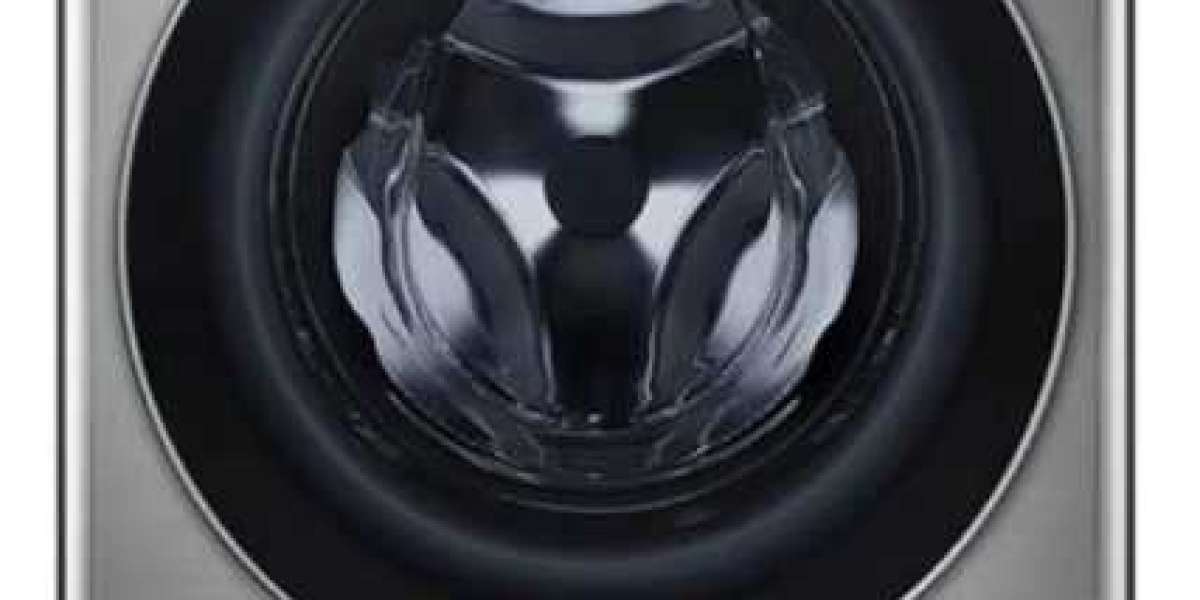Below, we'll explore some common reasons why a washing machine may run slowly and provide detailed explanations for each:
Overloading the Washing Machine: Overloading the washing machine with too many clothes can cause it to run slowly. When the drum is packed tightly, it restricts the movement of the clothes and hampers the washing and spinning cycles. Ensure you follow the manufacturer's guidelines for load capacity and avoid overloading the machine.
Unevenly Distributed Load: If the laundry inside the machine is distributed unevenly, it can cause the drum to become unbalanced during the spin cycle. This imbalance can lead to the machine running slower to compensate for the uneven distribution. To resolve this, stop the machine, redistribute the load evenly, and resume the cycle.
Clogged or Partially Blocked Water Inlet: A clogged or partially blocked water inlet can limit the amount of water entering the machine, resulting in slower operation. Check the water inlet hoses and filters for any debris or blockages. Clean or replace them as necessary to ensure proper water flow.
Low Water Pressure: Insufficient water pressure can also cause a washing machine to run slowly. If the water pressure from the main supply is low, the machine may take longer to fill up, affecting the overall cycle duration. Contact your water supplier to assess and resolve any issues with low water pressure.
Faulty or Worn-out Drive Belt: The drive belt in a washing machine is responsible for transferring power from the motor to the drum. If the belt is faulty or worn-out, it may slip or lose tension, causing the drum to rotate at a slower speed. Inspect the drive belt for signs of damage or wear and replace it if necessary. washing machine drain options
Malfunctioning Motor or Motor Control Board: A malfunctioning motor or motor control board can significantly impact the speed and performance of the washing machine. If the motor is not functioning at its optimal level or the control board is faulty, it may result in slower operation. In such cases, it is recommended to seek professional assistance for repair or replacement.
Build-up of Detergent or Residue: Over time, detergent residue, fabric softener, and other substances can accumulate inside the machine, including the drum, pump, and filters. This build-up can impede the movement of components and lead to slower operation. Regularly clean the drum, detergent drawer, and filters to remove any residue.
Malfunctioning Electronic Control Board: The electronic control board is responsible for controlling and coordinating various functions of the washing machine. If the control board malfunctions or develops a fault, it can affect the overall performance, including speed. Professional diagnosis and repair may be required to address this issue.
Energy-Saving or Eco-friendly Settings: Some washing machines offer energy-saving or eco-friendly settings that prioritize efficiency over speed. These settings are designed to conserve energy and water but may result in longer cycle times. Check the settings on your machine and consider adjusting them to a faster mode if available.
Power Supply Issues: Fluctuations or problems with the electrical power supply can affect the performance of the washing machine, leading to slower operation. Ensure that the machine is connected to a stable power source and that the voltage meets the manufacturer's specifications.
Aging or Faulty Machine: Over time, the components of a washing machine can wear out or become faulty, impacting its overall performance. If the machine is old or has undergone extensive use, it may be worth considering a professional inspection to identify any underlying mechanical issues.
In conclusion, a washing machine running slowly can be caused by


